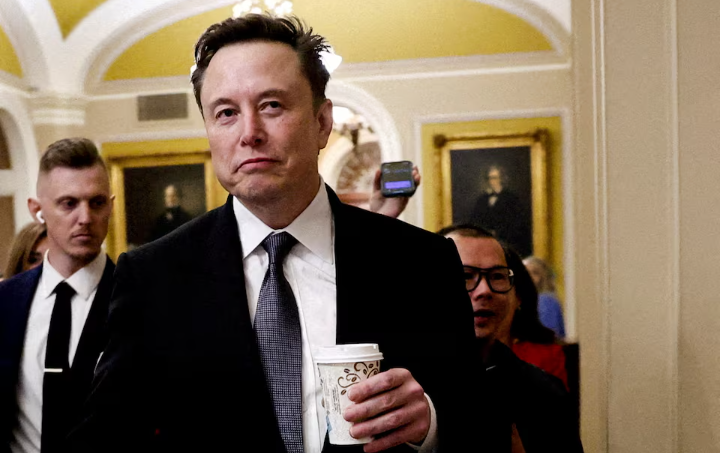Elon Musk has sparked fresh controversy after calling for the impeachment of a federal judge who blocked his team’s access to U.S. Treasury payment systems. The billionaire entrepreneur, who has been working with the Trump administration to cut government spending, took to social media over the weekend to vent his frustration.
Why Is Musk Angry?
A U.S. District Judge, Paul Engelmayer, issued a temporary restraining order preventing Musk and his DOGE (Department of Government Efficiency) team from accessing the Treasury Department’s payment systems and data. This move came after attorneys general from 19 states filed a lawsuit against President Donald Trump, arguing that granting Musk near-unrestricted access to such sensitive information violates constitutional laws.
In response, Musk lashed out on X (formerly Twitter), labeling the judge as “corrupt” and insisting that he “needs to be impeached NOW.” He argued that without access to the Treasury’s data, his team cannot effectively reduce government waste.
What’s the Controversy About?
Musk’s DOGE initiative is aimed at cutting federal expenses, reducing the government workforce, and eliminating unnecessary regulations. One of its recent targets was the U.S. Agency for International Development (USAID), with Musk’s team reportedly trying to stop payments flowing to the agency.
The lawsuit against Trump and Musk alleges that allowing DOGE access to Treasury systems gives the billionaire unchecked power over taxpayer funds and could lead to significant privacy risks. New Jersey Attorney General Matthew Platkin accused Musk of trying to bypass legal boundaries, stating, “What’s shady is a tech billionaire breaking the law to try to steal millions of Americans’ sensitive data.”
Legal Experts Weigh In
While Musk and his supporters argue that the judge’s ruling is politically motivated, legal scholars point out that the judiciary has a long-standing role in preventing executive overreach. Professor Joyce White Vance, a legal analyst, emphasized that courts have the authority to check the president’s power when challenged, citing historical cases where executive actions were deemed unconstitutional.
Marin K. Levy, a Duke Law professor, clarified that the ruling was a temporary restraining order, not a final decision. “This is done when there’s a risk of irreparable harm before the court can decide on the merits of the case,” she explained. The case will now proceed to further legal review.
Musk’s History of Clashes With the Law

This isn’t the first time Musk has gone head-to-head with the judiciary. In recent years, he has frequently accused judges of corruption whenever rulings didn’t favor him. He previously criticized a Delaware judge after a court voided his massive Tesla compensation package and clashed with Brazil’s Supreme Court over social media regulations for X.
His latest battle with the U.S. legal system raises questions about the extent of his influence in government operations. While Musk claims he’s fighting against government waste, critics argue he’s seeking unprecedented power over federal agencies.
What Happens Next?
The lawsuit, State of New York, et al. v. Donald Trump, et al., will continue in the Southern District of New York. Legal experts expect a prolonged battle as both sides push for a resolution. In the meantime, Musk’s social media outbursts and calls for impeachment are likely to fuel more political and legal debates.
With the stakes high, the question remains: Is Musk genuinely working to reform government spending, or is this an attempt to consolidate more power?



